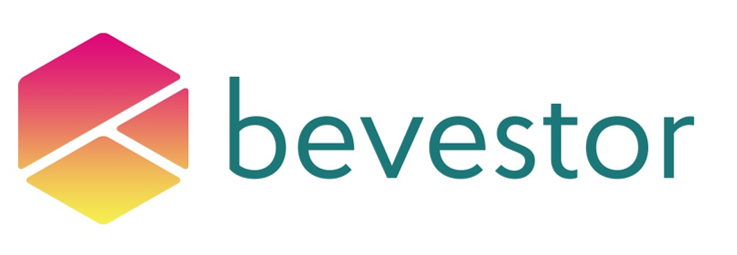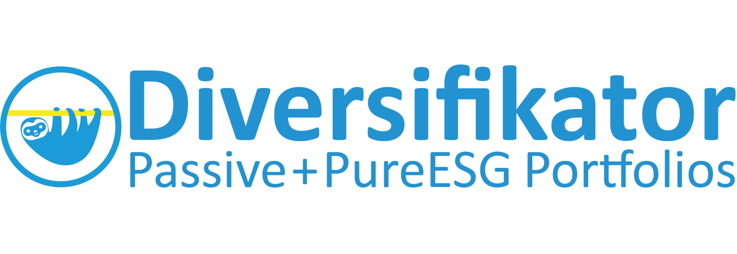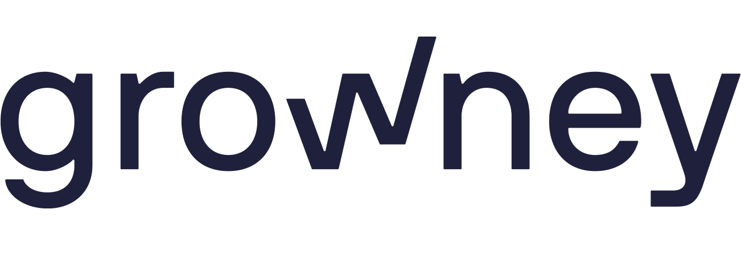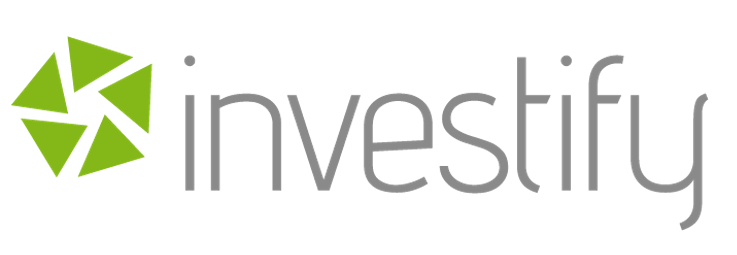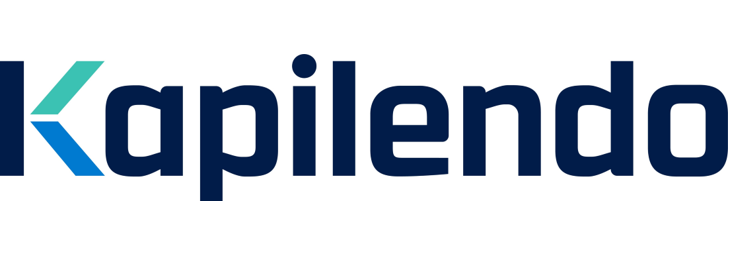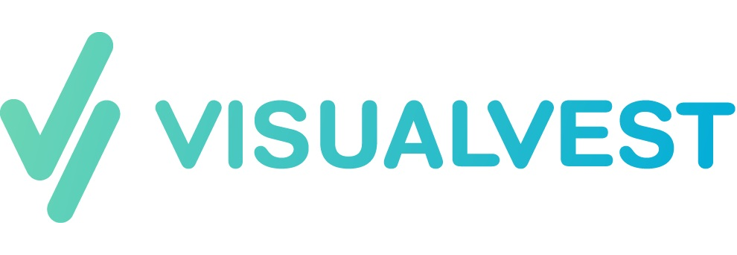
investify’s philosophy and target group
Hello Mr. Brock, how would you describe investify’s scope of services in no more than two sentences?
First to our focus: we created investify TECH (B2B) as a technology and regulatory provider to solve the current challenges in the investment business with a platform for banks, insurance companies and asset managers. In addition, the investify (B2C) brand offers digital asset management and robo advice in direct customer business.
What is investify’s investment philosophy?
In this context we differentiate between our B2B and B2C offers. In principle, investify offers asset management in the B2B business on a white label basis—just like all other services offered on investify’s iP3 platform. Together with the respective B2B partner, our portfolio managers coordinate the individual design of the investment philosophy, which can be very heterogeneous. A private bank with a retail offering, for instance, has different ideas and requirements than an institutional investor—as you can easily imagine. Moreover, several of our customers place very high demands on their portfolios’ sustainability, a fact that we certainly also take into account in asset management or when implementing the portfolios. We have developed a very nice offering in cooperation with Pax-Bank, for example: Ethical investment, flexible and digital—that is pax-investify.
The application of the mass-customization approach is certainly a unique selling proposition that clearly illustrates investify’s philosophy. What’s behind all this? An ever-decreasing number of end customers want off-the-shelf services. This applies to their sneakers as well as to financial services or their portfolio. investify consistently addresses this customer need and creates personalized financial investments for B2B partners, but also in B2C business. As a result, we achieve, among other things, a higher level of customer satisfaction in general, more customer interaction in concrete terms, and ultimately a higher willingness to recommend the company to others. We simplify the necessary processes for our partners and customers through our fitting algorithms—such as selecting theme investments within a core-satellite approach. We lead the market in this area. Our own B2C offering, for example, provides our customers with more than 20 theme investments. Frequently chosen themes include cyber security, aging population, gold and robotics. We are always able to launch new theme investments in the shortest possible time and can therefore react faster to profitable trends than the competition. For example, during the crisis we launched the two contrasting variants Stay@Home (Still) and Oldschool Behaviour (Corona Recovery Basket).
Which target groups does investify address with its product range, and how many AuM and customers do you have in each segment?
Within the B2B business, investify addresses financials (banks, insurance companies, asset managers, brokers, etc.) and non-financials (e.g. media houses, comparison portals and technology companies). In recent months, investify was able to conclude new cooperation agreements with well-known partners from both sectors. The platform approach enables us to serve both small and large B2B partners with an excellent product and attractive terms. In summary, this means that we are the first-choice digitalization and regulatory partner for a broad target group.
In the B2C business, our digital asset management is suitable for high-net-worth customers as well as retail customers. Our fitting algorithms also ensure that we can offer unique individuality even to those customers who, for example, have little knowledge or experience in financial services.
Digitalization and our platform strategy mean that we do not have to think very rigidly in terms of specific customer groups.
In the wake of the coronavirus crisis, our authors have spoken to a number of other robo advisors about the effects of the crisis on the industry:
To the interview series with the robo advisors
How much do private customers with an investment volume of EUR 10,000 have to pay for investify’s services, and how do you compete with other robo advisors and traditional asset managers?
My impression is that currently a mistake is being made in the market—also in various comparative tests. Too often the focus is solely on pricing. But what good is the cheapest offer for a customer if the performance is poor? We, however, focus on quality for which we charge our B2C customers a fair price, currently 1% (0.8% from an investment amount of EUR 100,000). The real-money test (brokervergleich.de) of the last months and years clearly shows that we have an excellent performance in relation to costs—nothing else counts for us. Not the price, but the relationship between price and performance is decisive.
In the B2B segment, each of our partners decides independently what price they charge for the joint service.
Investment strategy of investify
What investment strategy do you pursue and how do you manage risk?
investify pursues a strategic long-term investment approach in its own B2C business. This approach assumes that strong short-term price fluctuations will recover in the medium to long term. Also, in view of the effects of the coronavirus pandemic, we basically assume that the markets will behave similarly to the past and eventually return to profitability.
For basic investments, we rely on the BlackRock Aladdin expertise for implementing the allocation and use multi-asset portfolios.
The investify basic investment is an optimized portfolio in itself. Quantitative screening continuously evaluates risk positions and changes in the global economic situation.
USP of investify and competition
Meanwhile, there is a multitude of providers for robo advisory, B2B and B2C. How does investify differentiate itself, i.e. what exactly is your USP?
First to our B2B offer: We are not merely a provider of robotic software. This approach would have been too short-sighted to be successful on the market. Instead, we provide our customers with a white label platform that can be used digitally and in hybrid form, i.e. also in combination with personal advice. We also offer various investment solutions based on our platform. These include digital asset management, robo advisory solutions as well as investment advisory and execution-only services. This comprehensive spectrum enables investify to clearly differentiate itself from its competitors. In addition, we provide regulatory services, i.e. our customers can outsource regulatory obligations of the investment business to us—we take on these tasks so that our partners can concentrate on the essentials, namely the customer.
Another unique selling proposition is that we offer customizable products. This applies equally to B2B and B2C business. The range of topics we have already presented, for instance, is unique in the market.
What is your (marketing) strategy to gain new customers? What role do partnerships play?
Partnerships are given top priority in our business model. We strive to gain additional B2B partners from various industries and sectors (banks, insurance companies, asset managers, media, etc.). With their different characteristics, they can all benefit from our platform’s networking effects and economies of scale, each in their own way.
Which business area do you believe holds the greatest growth potential? What areas do you want to focus on in the future or add to your business?
Our growth path lies in the B2B platform business. Based on our business model, we believe that AuM growth is just as important as growth in license revenues (SaaS). Together with our customers, we design the platform solution to match the respective strengths of the B2B partner. In other words, one partner’s growth potential may lie in savings contracts based on a retail case, while another, e.g. from the affluent or private banking segment, may see growth in digitalized asset management. We understand that as a company we generate growth for our partners through strong modular white label platforms, each of which is tailored to their individual needs. In this context, regulatory issues are becoming increasingly important. By taking over respective tasks as an outsourcing service provider, we enable our partners to focus on their core competencies and consequently unlock and leverage their potential.
Challenges of the coronavirus crisis…
How has the coronavirus crisis affected your business so far? What are your biggest challenges right now?
Fortunately, prior to the crisis, our sales activities were very successful—consequently, we will be working at very high capacity until the end of the year and can dispense with short-time working. We believe that the crisis is confirming our business model: digitalization and outsourcing of regulatory activities are increasingly gaining in importance in the financial sector—also due to the consequences of the coronavirus crisis.
How has the coronavirus crisis affected your customers’ return? How would you rate yourself compared to your competitors?
In February and March, our customer portfolios were also affected by the severe financial market distortions from which they could not be fully protected. In April, however, they benefited from the resurgent stock markets and were able to significantly improve their performance. On the whole, we and our customers have ridden out the crisis better than the vast majority of our competitors—focusing on quality has literally paid off.
What medium to long-term risks do you expect the coronavirus pandemic to pose for you and the robo advisory market in general?
We and our B2B partners hope that the crisis will not permanently paralyze the already weak securities business in Germany.
What opportunities could arise from the crisis?
The crisis has brought about an even greater interest in digital and smart products. This presents providers of digital products with further opportunities—which we intend to exploit.
Many thanks for the interview!
What current challenges await other robo advisors?
You can find an overview of all interviews here:

